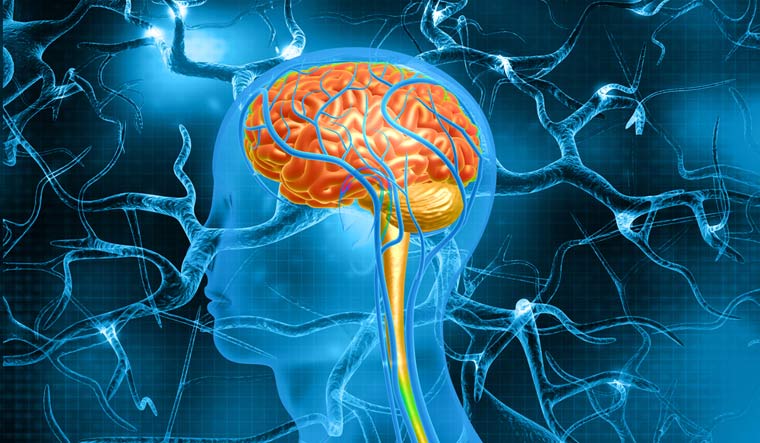A new study is challenging the long-held belief that the brain possesses the extraordinary ability to rewire itself in the face of adversity. Scientists from the University of Cambridge and Johns Hopkins University have launched a daring assault on the widely accepted notion that the brain reorganises and repurposes specific regions to compensate for vision loss, amputation, or stroke.
Published in the eLife journal, Professors Tamar Makin and John Krakauer present a paradigm-shifting revelation: the brain isn't rewiring itself; it's unearthing hidden talents that lie dormant within.
Traditionally, it was believed that individuals who lost their sight, or were born blind, witnessed their visual cortex rewiring to process sounds, enabling them to navigate through the world using an astonishing form of "echolocation." Similarly, stroke survivors were thought to enlist alternative brain areas to regain control over their paralyzed limbs.
Renowned neuroscientist John Krakauer, Director of the Center for the Study of Motor Learning and Brain Repair at Johns Hopkins University, acknowledges the allure of the brain rewiring concept. The captivating tales of the blind acquiring superhuman echolocation skills and stroke victims achieving miraculous recoveries fueled this captivating notion. However, Krakauer boldly claims that the explanation behind these phenomena is fundamentally flawed.
Makin and Krakauer meticulously dissected ten influential studies that supported the brain rewiring theory. They contend that while these studies indeed demonstrate the brain's ability to adapt, they fall short of substantiating the creation of entirely new functions in unrelated regions. Instead, the brain taps into latent capacities that have been silently present since birth.
Drawing from her own groundbreaking research, Makin's 2022 study replicated the effect of amputation using a nerve blocker. Astonishingly, the findings unveiled that signals from adjacent fingers were already mapped onto the brain region responsible for the soon-to-be-amputated finger. Consequently, the brain region didn't exclusively process signals from the forefinger but rather amplified the processing of existing signals from other fingers.
Makin emphasises that the brain's response to injury isn't about seizing control of new brain regions for entirely different purposes. Rather, it's a matter of existing brain regions enhancing or reshaping their pre-existing architecture through repetition and learning. The researchers passionately stress the importance of grasping the true nature and boundaries of brain plasticity to set realistic expectations for patients and guide rehabilitation practitioners.
While the awe-inspiring stories of blind individuals gracefully navigating their surroundings through sound and stroke survivors triumphantly reclaiming lost motor abilities remain undeniably captivating, this groundbreaking study dares to challenge the notion that such achievements stem from a complete overhaul of brain regions. Instead, the brain unleashes its full potential by leveraging existing abilities to adapt and conquer adversity.
Unraveling the brain's astonishing adaptability represents a pivotal breakthrough in advancing rehabilitation techniques and instilling genuine hope in those grappling with injury or deficit.


